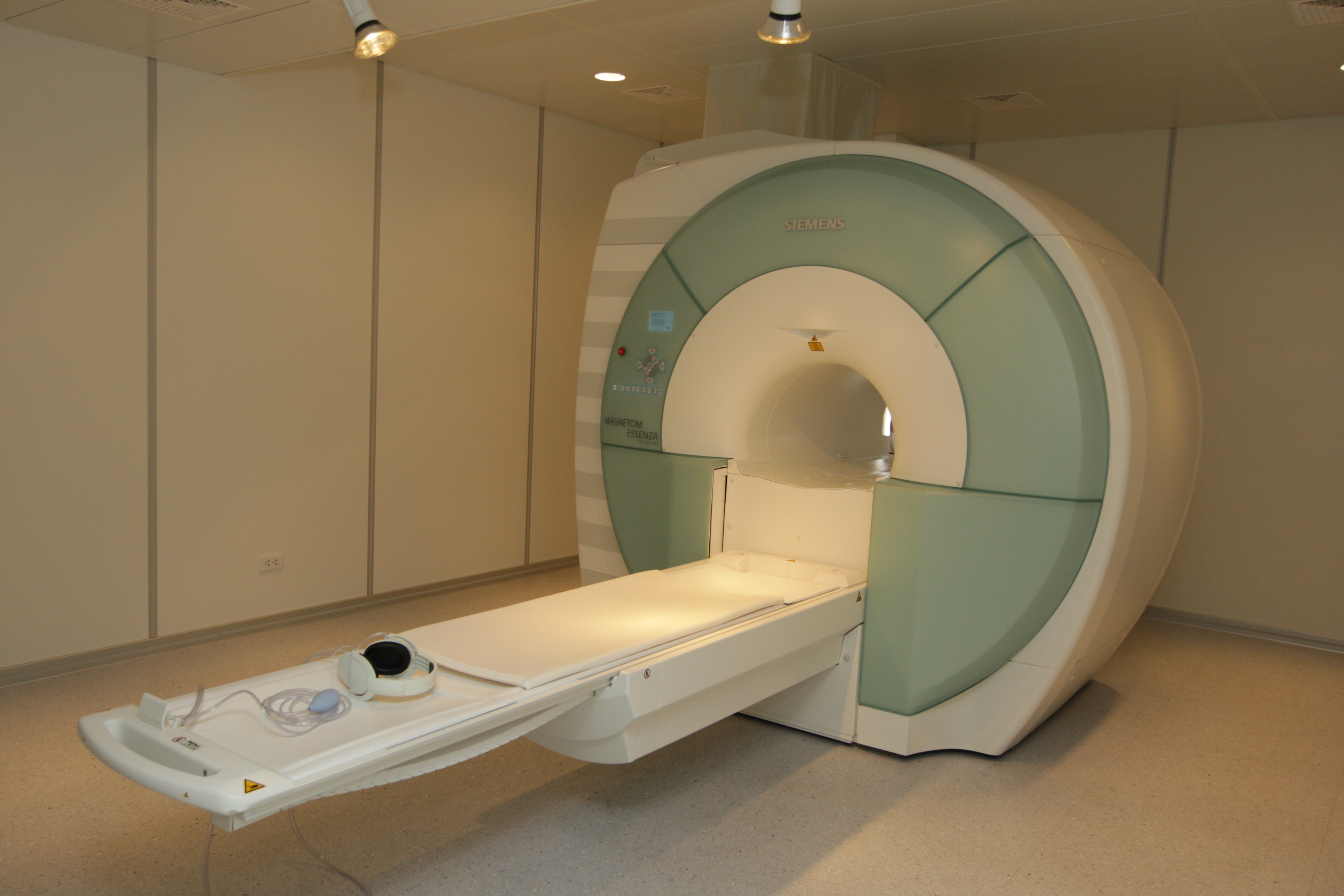Courses and Training
PSYC 795: Functional Magnetic Resonance Imaging

This course provides a comprehensive and rigorous introduction to the technique of functional magnetic resonance imaging (fMRI). One or more Department of Psychology and Neuroscience faculty members will lead each class session. Main objectives for the course include: (1) Students will learn the basic physics underlying MRI; the biological principles of fMRI, the principles of experimental design, the processing steps for data analysis, the use of available software packages, and special considerations for patient research; (2) Students will understand major trends in the current literature on fMRI; (3) Students will be able to critically review primary-source empirical articles and comprehensive reviews, and will be able to stimulate active scholarly discussion about this literature; (4) Students will develop an independent research project that builds on knowledge gained in the class.
PSYC 738: Cognitive and Affective Neuroscience: Basic Concepts and Individual Differences
Professor Margaret Sheridan
This course provides an overview of what the field of human neuroscience has revealed about neural structure and function with an eye to examining individual differences. Current knowledge about the neural mechanisms supporting cognitive and emotional function will be investigated in depth through chapters, review articles, and empirical studies.
PSYC 739: Cognitive Neuroscience
Professor Joseph Hopfinger
In this graduate student seminar, we will examine the multi-disciplinary field of cognitive neuroscience. The emphasis will be on exploring how the multiple methods of cognitive neuroscience are converging to enhance our understanding of the neural foundations of human thinking and the relation between “mind” and brain. Each week we will critically examine a new method (e.g., neuroimaging; electrophysiology; transcranial alternating current stimulation; magnetoencephalography) through discussion of recent empirical articles. At the end of the term, students will write a mini-review term paper, in which they will use the knowledge accumulated during the course to synthesize research across at least 3 different cognitive neuroscience methods, in a specific topical area of their choice.
PSYC 876: Social Affective Neuroscience
Professor Kristen Lindquist
How does the brain produce our social and affective reality? This course will take a systems neuroscience approach to the neural underpinnings of the neural networks involved in valence, emotions, social threat, empathy, moral decisions, the self, perceptions of others, and other social and affective behaviors. We will explore the broad neural systems that contribute to these social and affective processes by focusing primarily on human neuroimaging research (e.g., using functional magnetic resonance imaging; fMRI), although some papers covered use lesion-based approaches, single-cell recordings, positron emission tomography (PET) or transcranial magnetic stimulation (TMS).
